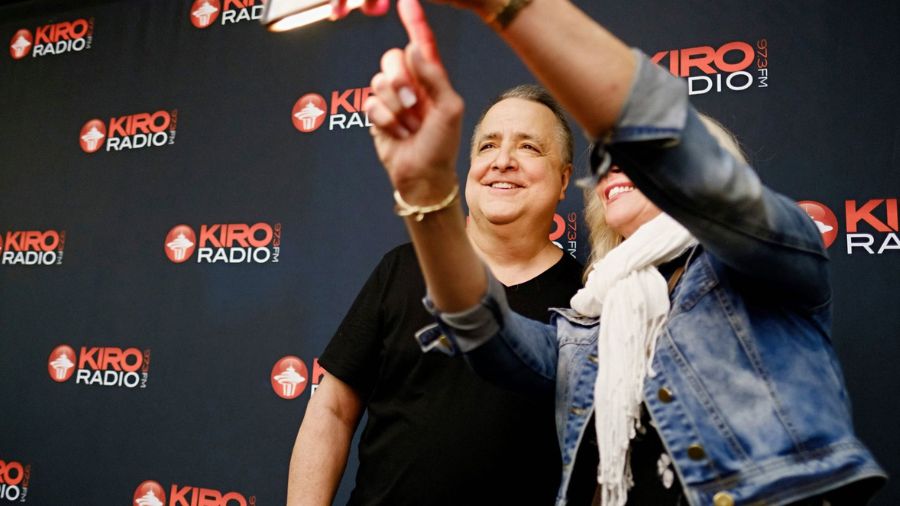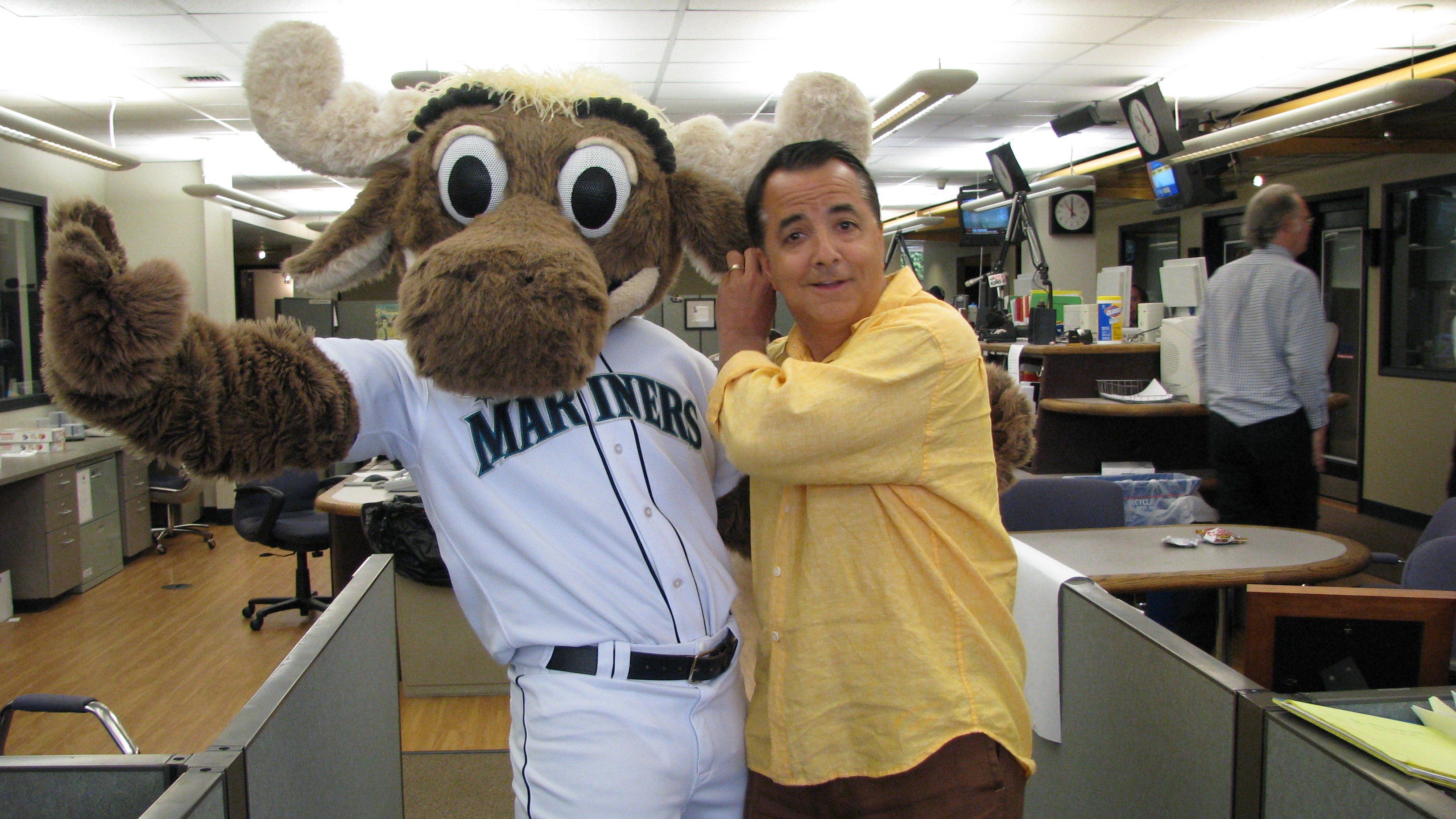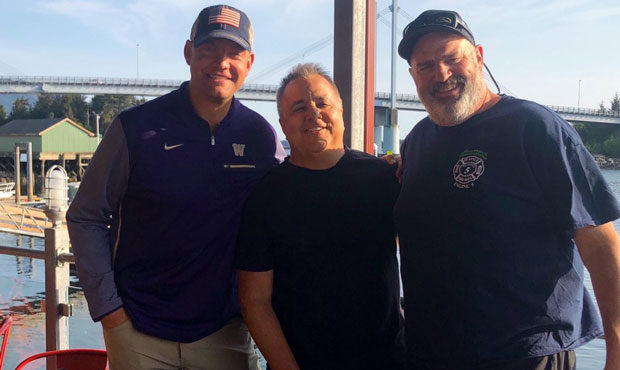Jordan Babineaux helps formerly incarcerated people find next steps
Jan 30, 2020, 4:47 PM

(AP)
(AP)
When Sue Mason got out of federal prison in 2003, she thought she was getting a new beginning.
Mason, who formerly suffered from drug addiction, was charged with forgery and mail theft after writing a stolen check at a Fred Meyer. After 15 months behind bars, she was released with a $30,000 fine and three years of probation.
“To my mind, I thought that once I completed all of that, my sentence would end. And what I learned was that it didn’t,” she told KIRO Radio’s Dori Monson.
Mason, who has been sober since 2004, got a job as a loan processor right out of the halfway house she lived in after prison. In the 16 years since then, Mason has made a career for herself in the residential lending field.
Jordan Babineaux creates fund for Hurricane Harvey relief
But no matter how hard Mason tries to move forward, her past mistakes follow.
“I’ve been in recovery a long, long time, I’ve done well for a long time, but to this day I could be denied housing, or employment, or an education because of what I did 19 years ago,” she said.
Like anyone else, Mason has tried to climb the career ladder by applying for better positions at new companies. Many times, Mason has gone through the interview process, beat out the other candidates, and been offered a job, only to have the offer revoked after the employer checked her criminal background.
“My public information is being sold by the state for a profit to a private entity, who then sells it for a profit to an employer or a housing provider in perpetuity to discriminate against me, even though I’m otherwise qualified,” she said. “I’m not asking for opportunities for which I am not qualified, … I’m just asking for a fair chance.”
In Washington state, 27 percent of individuals with conviction histories are unemployed. These numbers were as high as 60 percent during the 2008 recession.
“I wasn’t sentenced to a lifetime of unemployment,” Mason said, adding, “It just seemed like everything I had done since then — rehabilitating myself and really doing everything I could to move past those struggles — was negated.”
To Mason, it felt like no matter how hard she tried to atone for her past and move forward with her life, she had to suffer an unofficial additional punishment of being forever treated like an outcast.
The troubling experience inspired her to start What’s Next Washington in 2017, a nonprofit dedicated to helping formerly incarcerated people find employment, and to helping employers recruit, hire, and retain these individuals.
What’s Next Washington partners with R3 Score to help employers evaluate the merits and risks of a job applicant with a criminal conviction. R3 Score allows applicants to provide details about what they have accomplished since their jail time, including jobs, education, and volunteer work.
Former Seahawks safety Jordan Babineaux got involved with What’s Next Washington after he was forced to discriminate against formerly incarcerated people at his medical transportation company, Assure Ride. When a contractor’s regulations about criminal histories kept Babineaux from hiring a man he felt was the best fit for the job, he knew something needed to change.
“I was torn by that because I wouldn’t have known — this was a good gentleman, we had great conversation, intellectual, and everything, and I couldn’t hire him,” he said. “And it was a tough conversation for me.”
At an upcoming event on March 3, What’s Next Washington will convene with local employers to discuss the stigma around hiring formerly incarcerated people. The hope is that employers will realize that formerly incarcerated people applying for jobs are just people looking for a second chance.
“We’ve been on this journey for six months, digging with some of these grassroots organizations here in Seattle, understanding some of the policies that prevent formerly incarcerated people from coming back into society, and it’s devastating,” Babineaux said. “It’s devastating. The impact is homelessness or drug abuse disorder.”
Listen to the Dori Monson Show weekday afternoons from 12-3 p.m. on KIRO Radio, 97.3 FM. Subscribe to the podcast here.













